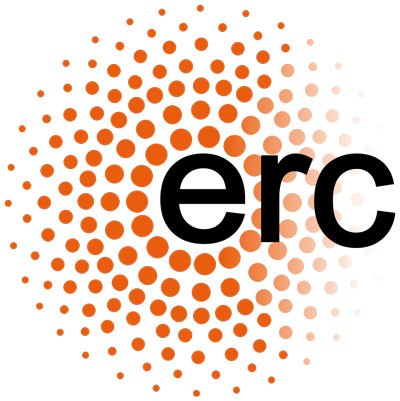
Field: Functional genomics
Research: Water-walking insects : marrying evo-devo with ecology for a better understanding of morphological evolution
Project
Understanding the origin of the remarkable biodiversity in nature is an important goal in biological studies. Despite recent advances in evolutionary developmental biology, our understanding of the interaction between developmental genetic processes and the ecological environment in shaping the phenotype remains largely fragmented. This is mainly because of the difficulty to transfer molecular genetic tools to natural systems where we have a good understanding of the ecology. In this proposal, we combine original natural systems, water-walking insects, with state of the art tools of functional and developmental genetics, to study the interplay between developmental genetic pathways and the ecological environment, and how this interaction can shape adaptive phenotypic change. About 200 million years ago, the common ancestor of water-walking insects (Heteroptera, Gerromorpha) invaded water surface and radiated into a diverse array of niches, from shorelines to open oceans. This ecological transition and specialization is associated with an array of adaptive changes that enabled these insects to support their body weight and generate efficient propulsion on the water surface.
In this project, we aim to develop a multilevel functional approach that combines developmental and evolutionary genetics, ecology, and comparative genomics and transcriptomics, to study a set of key morphological traits directly associated with the initial event of transition to water surface life, and the diversification that followed. To achieve this, we chose three water-walking insects, along with a terrestrial and under-water outgroups, based on their morphology, ecology, and amenability for laboratory culturing and functional experiments. We will identify the genes and genetic changes responsible for the development and evolution of the hydrophobic bristles –a key trait that was instrumental in the transition from terrestrial to water surface life. In addition, we will identify the genetic changes underlying the modification and diversification of locomotry appendages, which allowed these insects to colonize a vast array of water niches. Finally, we will reveal how these developmental genetic changes facilitated adaptation, by testing the functional significance of the morphological characters associated with the invasion and diversification of water surface. Results from this project will provide a fresh and unbiased insight into the developmental genetic mechanisms underlying species diversification within the context of their ecological environment. This project will constitute a step forward in evo-devo studies by providing the link between molecular function, phenotypes, and a concrete measure of fitness associated with morphological evolution.
Max ERC Funding
1 998 870 €
Duration
Start date: 2014-03-01, End date: 2019-02-28
ERC Consolidator Grant
ERC Consolidator Grants support promising researchers who are at the beginning of an independent research career. The consolidation of their own research team will be funded with the grant. For the evaluation of the researcher profile several benchmarks according to research domain and career development are taken into account. For instance, applicants should have several important publications without their PhD supervisor. Other benchmarks include publications as first author in high-ranking international journals, (translated) monographs, patents, conference presentations or (inter)national prizes and awards.
Researcher
 Abderrahman Khila
Abderrahman Khila
CNRS Research director at IGFL






